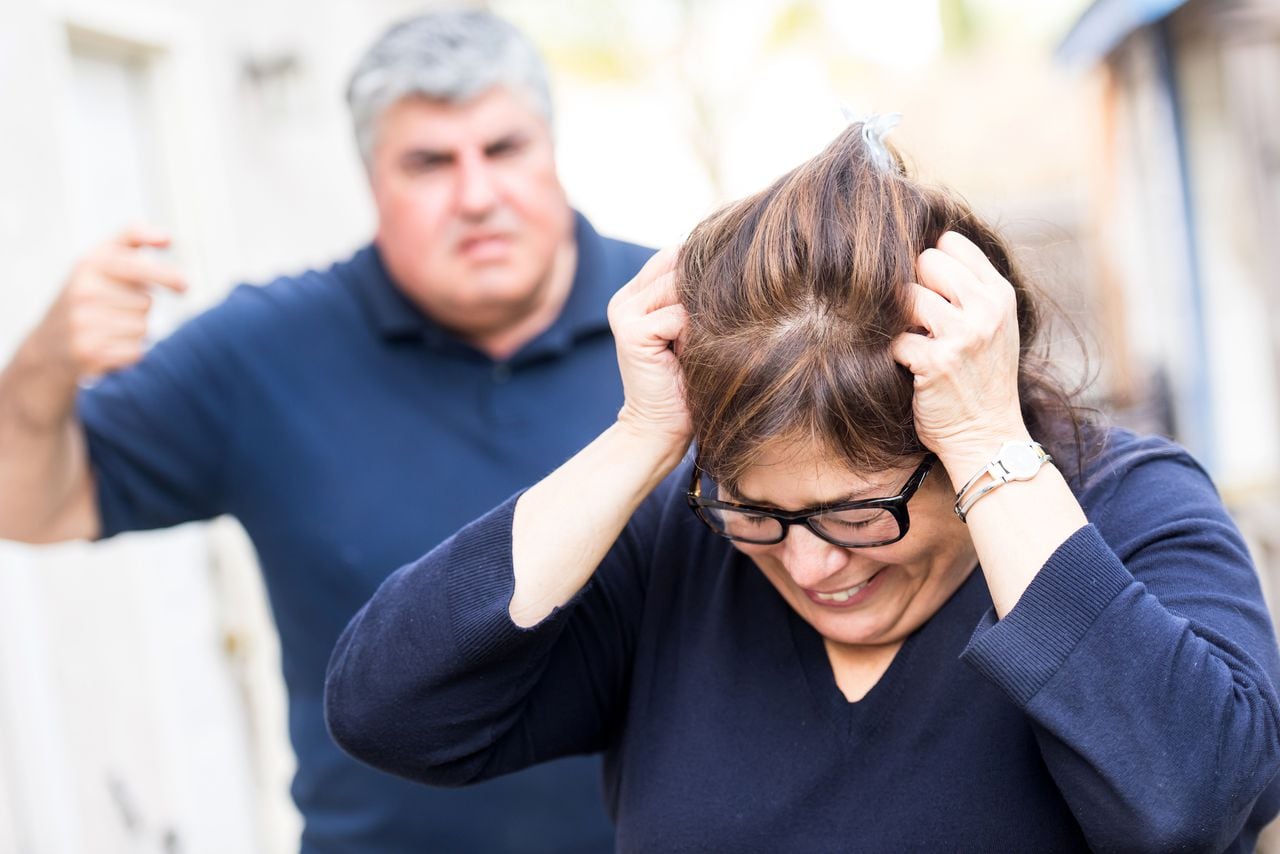Ask Amy: Iâm ghosting a friend who wonât leave abuser
Dear Amy: “Christy” and I have been friends for more than 25 years.
Christy married an abusive monster, and after 15 years of her crying to me and then going back to him, I stepped away for a few years.
I told her that I believed he would kill her, and if I couldn’t convince her to leave, I had to leave because I couldn’t watch.
A few years ago, she told me about the horrible effects of his abuse, which led to hospitalizations and eventually brain surgery for an issue related to his abuse.
I brought her into my home for a month, nursed her through the miraculous, frightening surgery, and then she went BACK to him.
I stepped away for another three years.
She reached out a year ago and told me they had divorced.
I went for a visit, and she admitted she’d lied, saying that they had agreed not to divorce, “So, if he dies first, I’ll get his military retirement benefit.”
I told her she was nuts, but if she wasn’t sleeping with him, and if she never, ever again called me in tears over him, I’d leave the topic alone.
She said OK, then called me in tears a few weeks later over booty call drama with him, and I’ve ghosted her ever since.
Since she won’t help herself by not sleeping with him, I’ve turned my back “without explanation,” beyond that first 20 years of pleading with her to get away from him.
I know ghosting is cold-hearted, but I’m done. She leaves supportive comments on my Facebook posts, but I don’t respond.
So why do I still hope she’s OK? Why do I feel guilty?
– Tired
Dear Tired: You hope that your friend is OK because … at this point, hope is all you’ve got.
You have made a laudable emotional and personal investment in trying to protect “Christy.” This connection has been a lifeline for her over the years.
But let’s talk about you.
You have instructed Christy not to have sex with her abusive husband, leveraging your friendship on this choice.
Even though your intentions are protective, and anyone could see how you came to this point, this is also an example of the kind of external control you have urged her to flee from.
Yes, you must protect yourself by detaching from Christy’s choices. But detachment does not necessarily mean ghosting.
Detachment can also translate into acceptance: Christy will most likely remain in this abusive marriage. Leaving could put her in danger.
You could draw boundaries around your friendship, but you can’t draw boundaries around her life and expect her to respect them.
At the next report of violence, urge her to contact the police and The National Domestic Violence Hotline (thehotline.org). Counselors are available to talk/text 24/7.
You can email Amy Dickinson at [email protected] or send a letter to Ask Amy, P.O. Box 194, Freeville, NY 13068.
